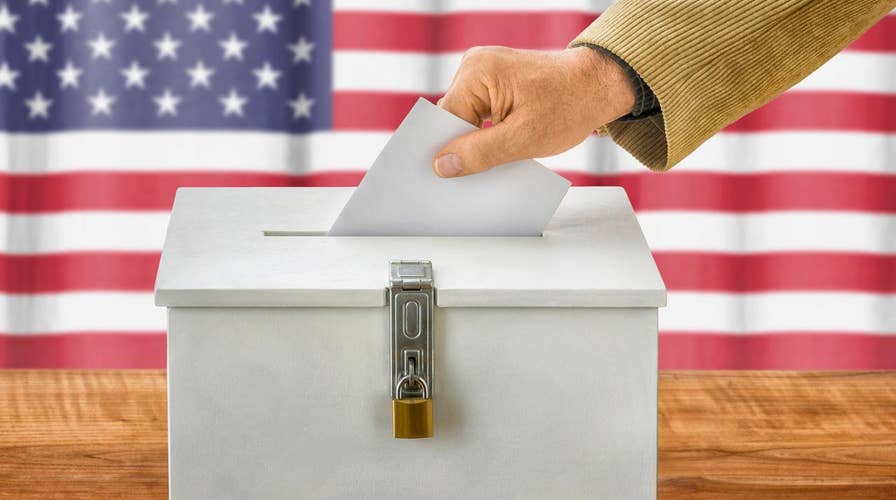The barriers to voting with disabilities
The Ruderman Foundation talks to Gregg Jarrett and explains the major barriers voters with disabilities face in the US and what needs to be done to make it easier to access to the ballot box
With only five days to go until November 8, the whole world wants to know who will be the next president of the United States. During the 2016 campaign we've seen headlines that say Donald Trump used disparaging comments to single out an entire group of people. According to The Daily Beast, he repeatedly called Oscar-winning actress Marlee Matlin “retarded” when she was on his show, Celebrity Apprentice, in 2011.
Matlin, who is deaf, responded by tweeting a statement: “It’s not about insults or taking each other down. As a person who is Deaf, as a woman, as a mom, as a wife, as an actor, I have a voice. And I’m using that voice to make myself heard… and vote.”
As well she should. And so should every American. But for some, it’s not so simple. People with disabilities in America, 20 percent of the population, according to the U.S. Census Bureau, often have a hard time casting their ballots.
"People with disabilities in the U.S. regularly struggle to exercise their right to vote despite a patchwork of pieces of legislation that ensure their access to the electoral process,” the Ruderman Family Foundation, a disability advocacy group, recently said in a white paper on the issue.
The foundation cited a Government Accountability Office study that found 73 percent of polling stations in 2008 had “a potential impediment” to voting for the disabled. Also cited was a study from Rutgers University and Syracuse University that found if voters with disabilities went to the polls at the same rate as those without disabilities, 3 million more people would have voted in the 2012 election.
Elections are run differently in each state. The Ruderman Family Foundation points to a list by the Bazelon Center for Mental Health Law that shows roughly 27 states can bar people with mental or developmental disabilities from even casting their ballots. And only eight states have “constitutions or electoral statutes that do not disqualify people from voting on the basis of mental illness or intellectual disability.”
The foundation found five recurring barriers to voting for people with disabilities. Insufficient training of poll workers; barriers to poll access; barriers to election and registration material; stigma and a lack of resources available to election officials.
“There is a higher participation among blind and deaf voters,” Michelle Bishop of the National Disability Rights Network told the Ruderman Family Foundation. “But those are issues we’ve been more willing to solve. On the other end of the spectrum are people with intellectual and developmental disabilities and with mental illness. We are less willing to make the vote accessible to people with certain types of disabilities.”
Bishop says it’s outdated to think people with intellectual disabilities can’t vote. “They can decide who to vote for and their reasons are no better or worse than non-disabled people. But non-disabled people are never questioned…. We are holding certain people with disabilities to a higher standard than any other American when a non-disabled person can just register.”
So what to do about it?
The Ruderman Family Foundation suggests ensuring standardized poll worker training, including hiring poll workers with disabilities; building relationships with the disability community to `raise awareness; ensuring accessible ballot options and that information is easily found on all types of devices; using social media to raise awareness; and revisiting state laws that disenfranchise people whose voices need to be heard. Especially now.

